Fin de siècle Literature
Showing all 20 results
-
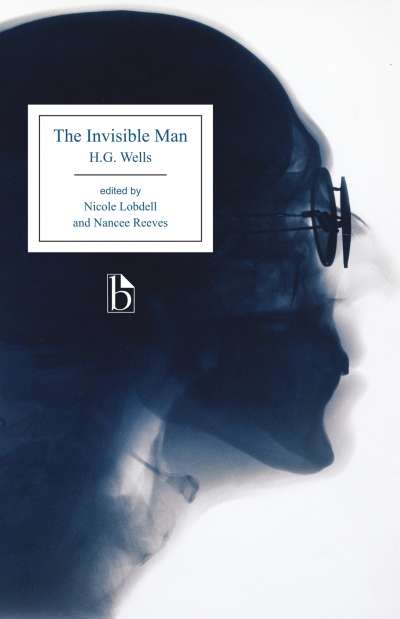
The Invisible Man
The Invisible Man stands out as possessing one of the most complicated heroes, or perhaps anti-heroes, in literature. A thoroughly unlikeable character, the Invisible Man…
-
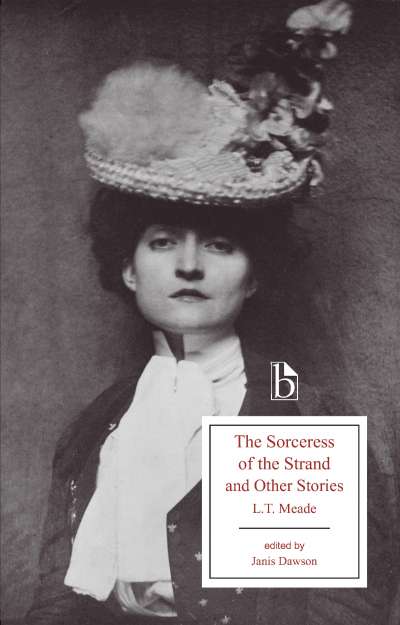
The Sorceress of the Strand and Other Stories
In 1898, The Strand Magazine, one of the most influential publications of the Victorian fin de siècle, deemed best-selling author and editor L.T. Meade a…
-
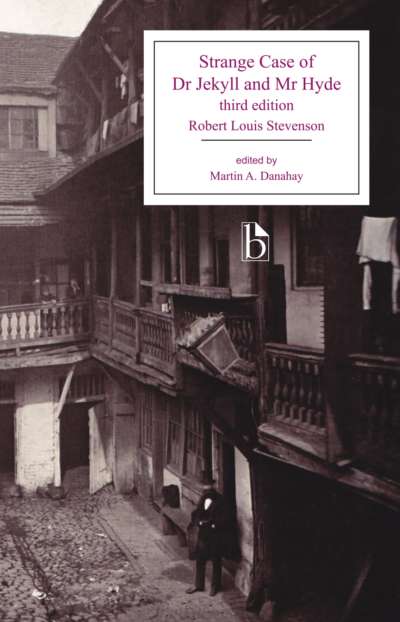
Strange Case of Dr Jekyll and Mr Hyde – Third Edition
First published in 1886 as a “shilling shocker,” Dr Jekyll and Mr Hyde takes the basic struggle between good and evil and adds to the…
-
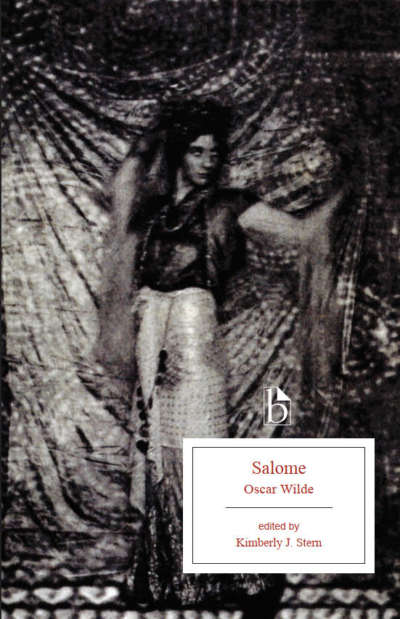
Salome
Salome is Oscar Wilde’s most experimental—and controversial—play. In its own time, the play, written in French, was described by a reviewer as “an arrangement in…
-
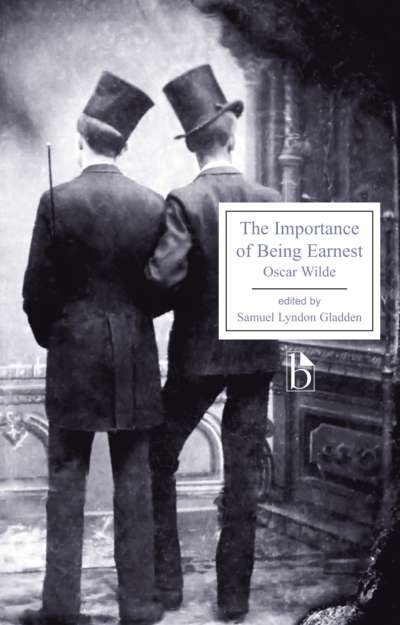
The Importance of Being Earnest
The Importance of Being Earnest marks a central moment in late-Victorian literature, not only for its wit but also for its role in the shift…
-
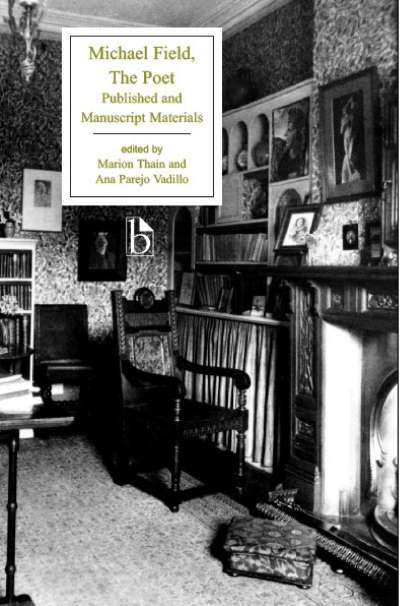
Michael Field: The Poet
“Michael Field” was the literary pseudonym of two women, Katharine Bradley (1846-1914) and her niece Edith Cooper (1862-1913). The women were poets, playwrights, diarist, and…
-
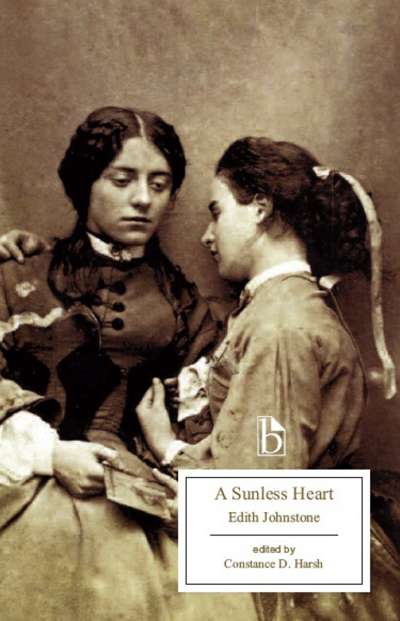
A Sunless Heart
In A Sunless Heart, Edith Johnstone establishes a feverish atmosphere for her novel’s story of emotional and physical hardship and the power of bonds between…
-
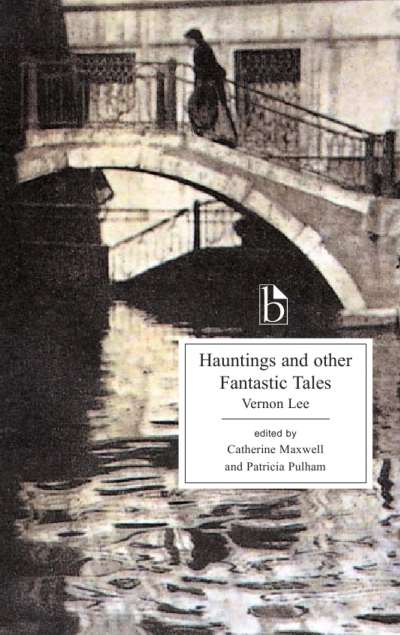
Hauntings and Other Fantastic Tales
Vernon Lee writes in the Preface to Hauntings, “My ghosts are what you call spurious ghosts... of whom I can affirm only one thing, that…
-
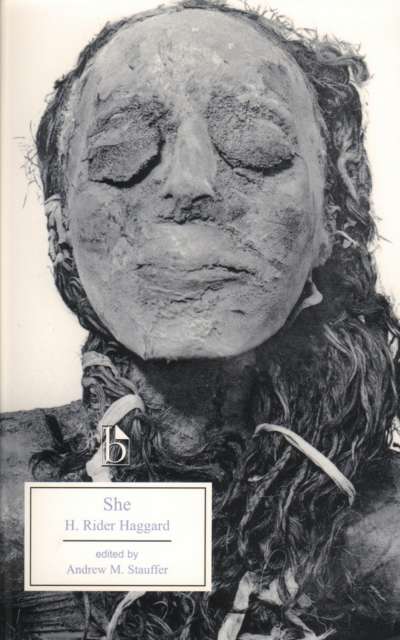
She
First published in 1886–87, H. Rider Haggard’s imperial romance follows its English heroes from the quiet rooms of Cambridge to the uncharted interior of Africa…
-
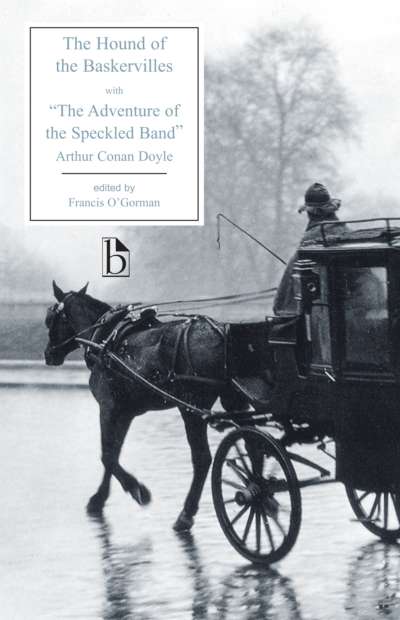
The Hound of the Baskervilles
The Hound of the Baskervilles (1901–02) is Arthur Conan Doyle’s most celebrated Sherlock Holmes adventure. At the end of the yew tree path of his…
-
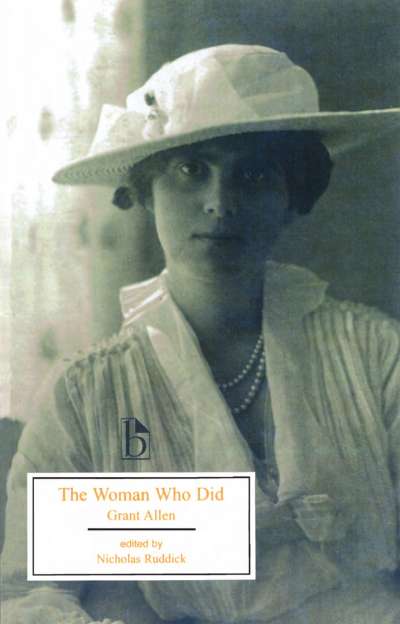
The Woman Who Did
The controversial subject matter of Grant Allen’s novel, The Woman Who Did, made it a major bestseller in 1895. It tells the story of Herminia…
-
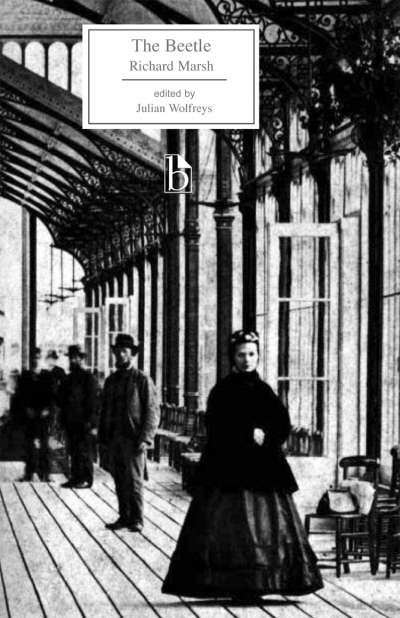
The Beetle
The Beetle (1897) tells the story of a fantastical creature, “born of neither god nor man,” with supernatural and hypnotic powers, who stalks British politician…
-
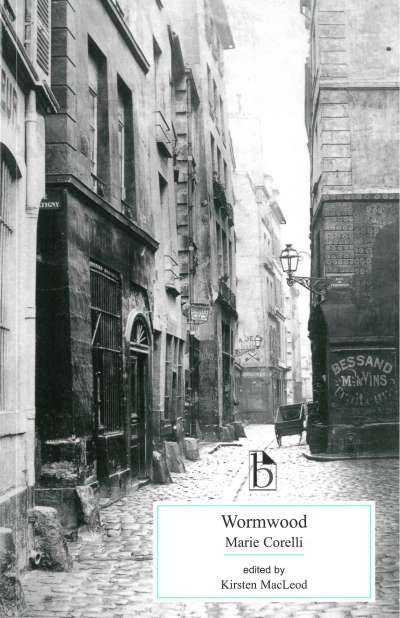
Wormwood
Though disparaged by literary critics of her day, Marie Corelli was one of the most popular novelists of the late Victorian and Edwardian periods. Wormwood…
-
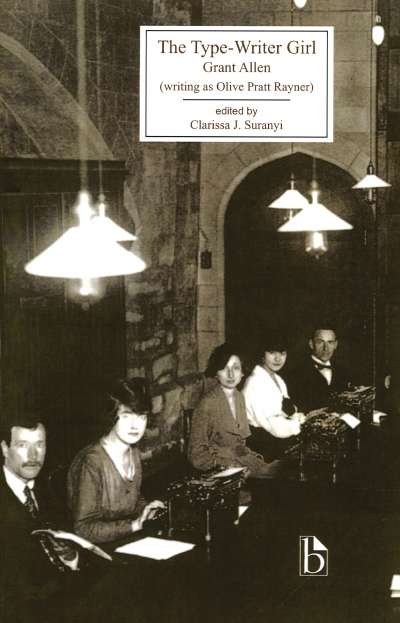
The Type-Writer Girl
Juliet Appleton is an officer’s daughter who is forced to make her own way in the world after her father’s death. Having been trained in…
-
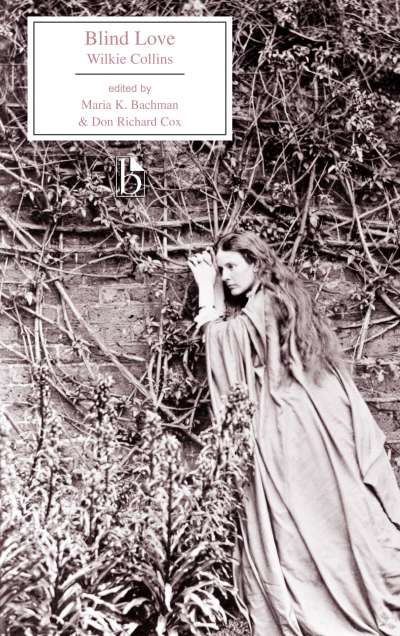
Blind Love
Blind Love is Wilkie Collins’s final novel. Although he did not live to complete the work, he left detailed plans for the last third of…
-
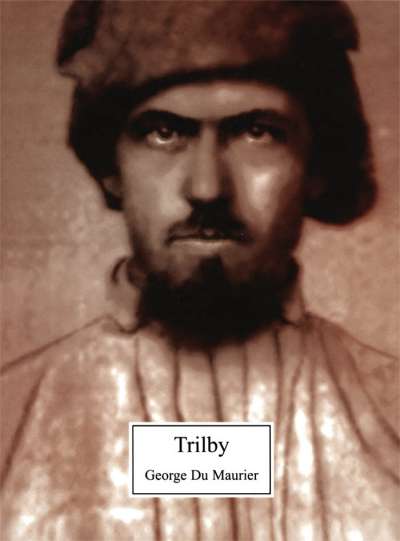
Trilby
Du Maurier’s Trilby was the novel sensation of the 1890s. Du Maurier had spent a good deal of his life as a child and later…
-
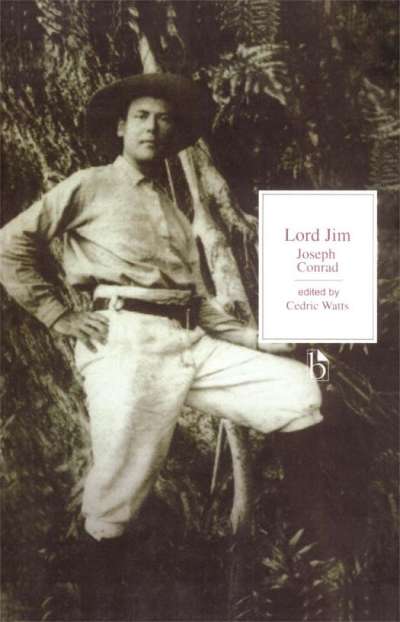
Lord Jim
One of Joseph Conrad’s greatest novels, Lord Jim brilliantly combines adventure and analysis. Haunted by the memory of a moment of lost nerve during a…
-
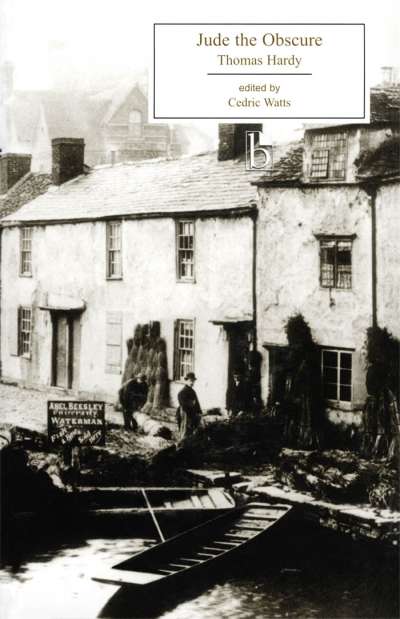
Jude the Obscure
When Thomas Hardy’s Jude the Obscure appeared in 1895, it immediately caused scandal and controversy. Its frank treatment of Jude’s sexual relationships with Arabella and…
-
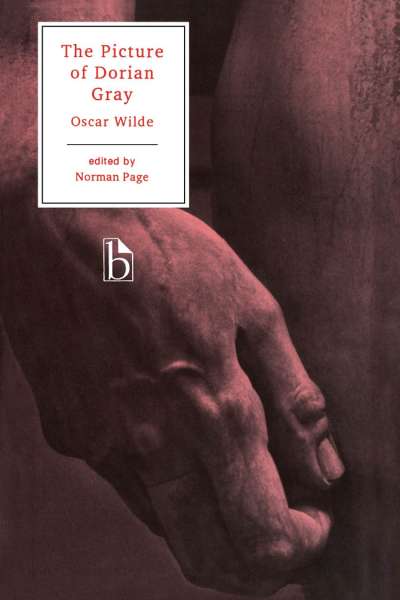
The Picture of Dorian Gray
In Oscar Wilde’s famous novel, Dorian Gray is tempted by Henry Wotton to sell his soul in order to hold on to beauty and youth.…
-
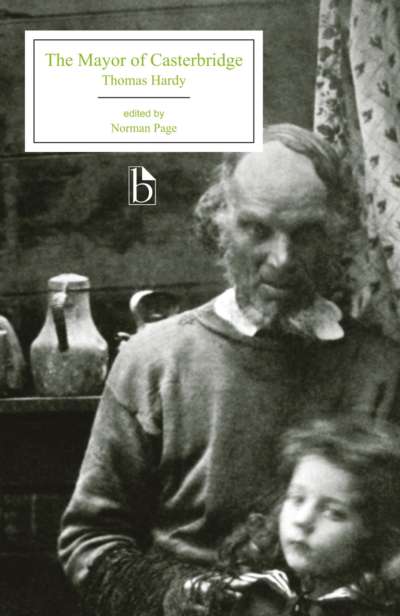
The Mayor of Casterbridge
This 1886 novel may be Hardy’s most intense and gripping narrative. We first see the central character, Michael Henchard, as a drunken and unemployed hay-trusser…
